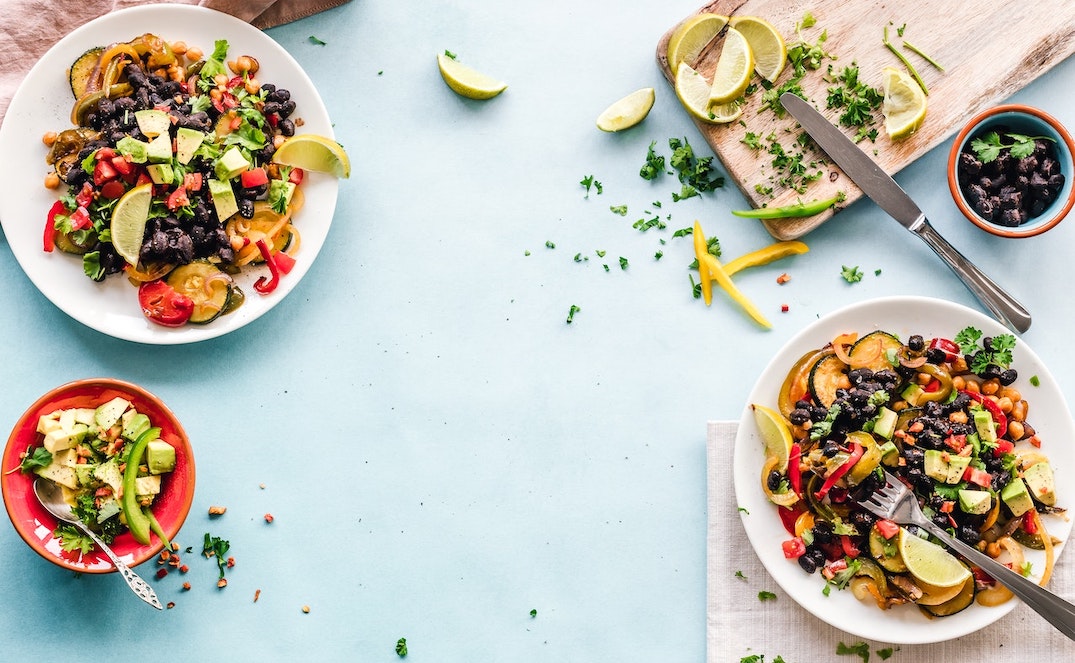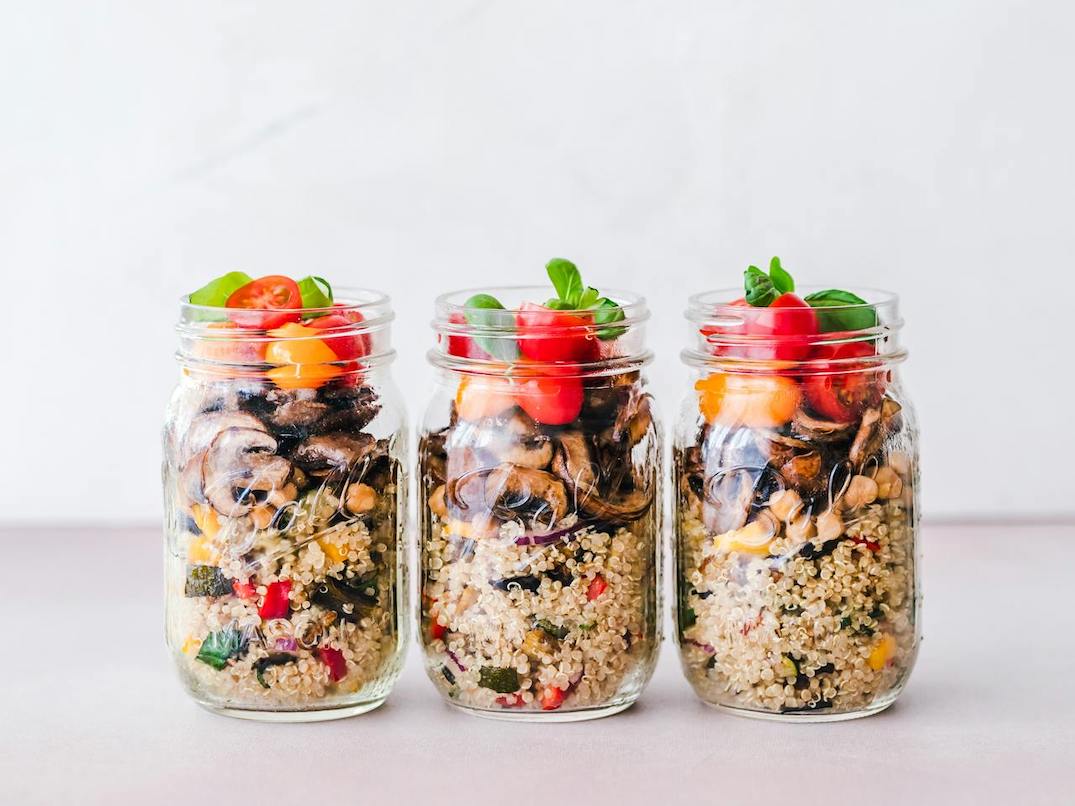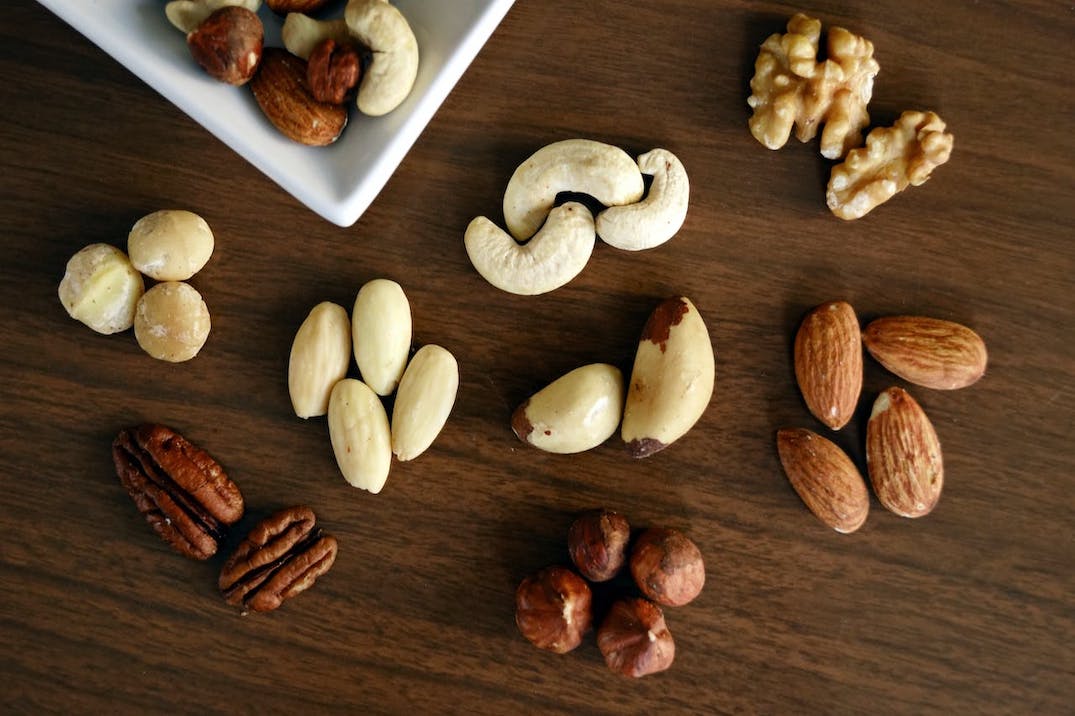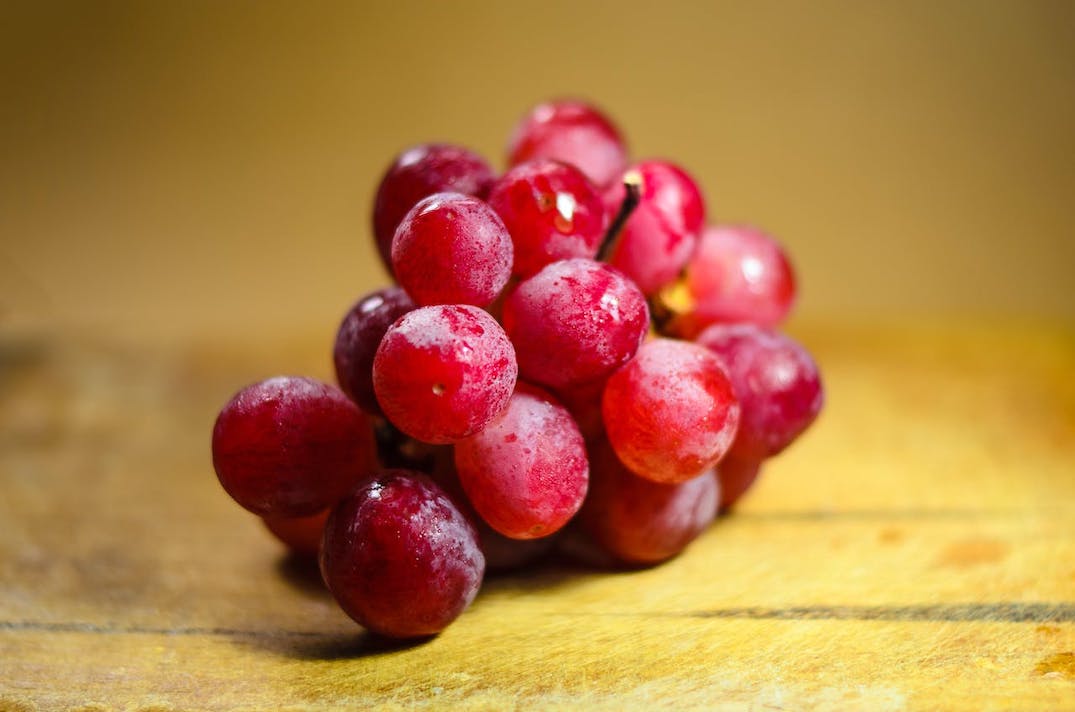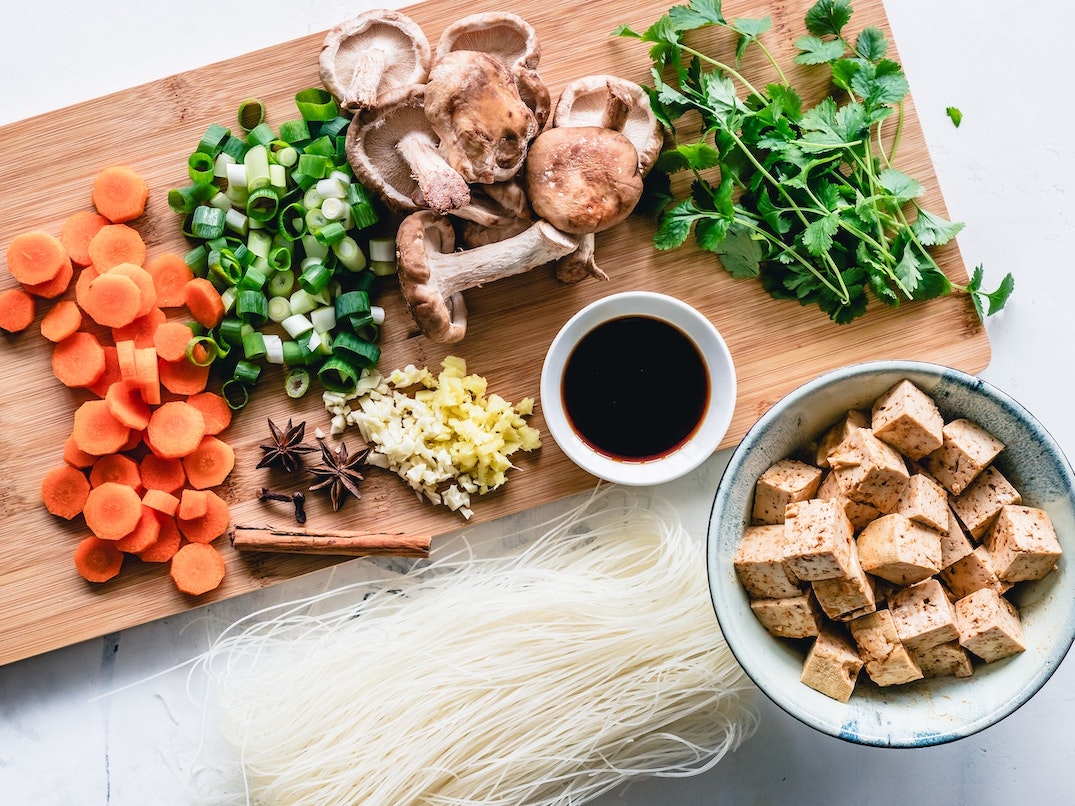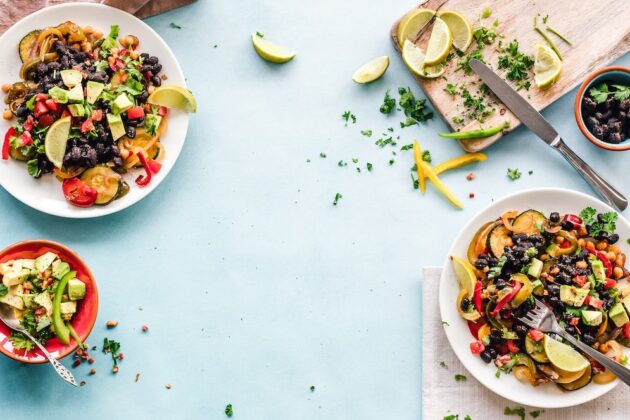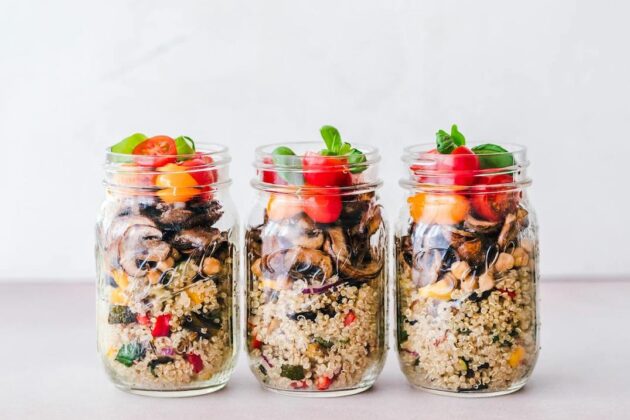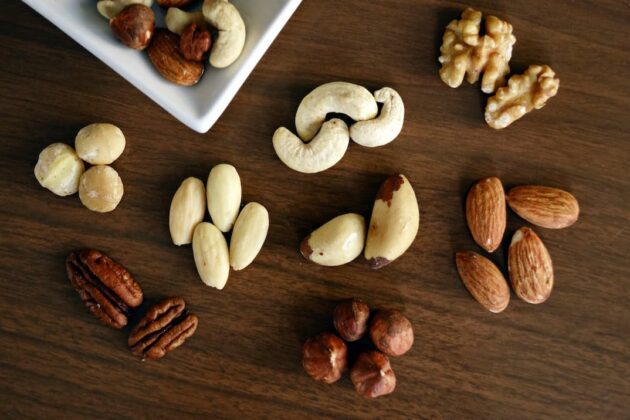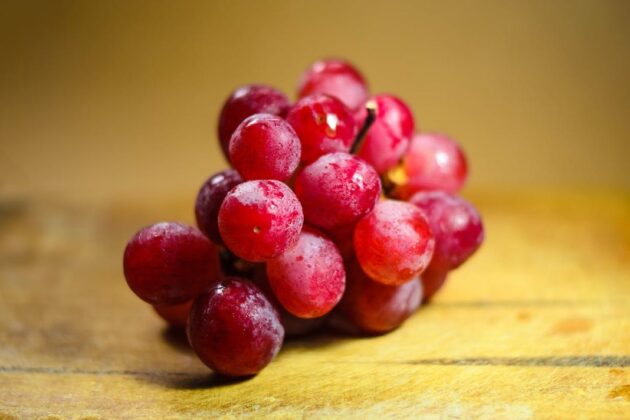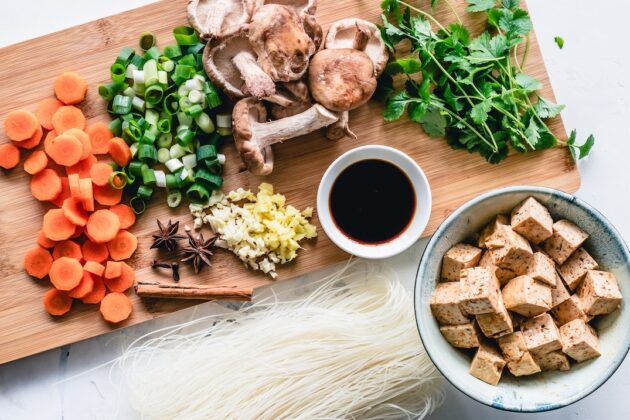7-Day Vegan Diet Plan for Weight Loss
Plant-based diets have taken the health and wellness world by storm, but are they effective for weight loss?
Numerous research studies have determined that plant-based diets are a cost-effective way to lower body mass index (BMI) as well as improve other important health parameters such as blood pressure, cholesterol, and blood sugar.
Vegan diets can be great for weight loss for several reasons. A vegan diet is rich in fiber and essential nutrients and lower in calories than the standard American diet. This can boost health and impart sustainable weight loss.
Below you’ll find a 7-day vegan meal plan for weight loss, the best vegan foods to eat to lose weight, which to avoid, and everything else you need to know.
7-day vegan meal plan for weight loss
Below is a sample 7-day vegan meal plan for weight loss that comes in at around 1,600 calories per day. Remember to talk to your doctor and/or dietitian before making any drastic changes to your diet to learn what is best for your situation.
Your ideal diet may have more or less calories and incorporate different foods based on intolerances, preferences, and other medical conditions.
Day 1
Breakfast
- 1/2 cup oats
- 1 cup almond milk
- 1 tbsp almond butter
- 1 banana
400 calories, 60g carbs, 10g protein, and 15g fat.
Lunch
- 2 cups spinach
- 1/2 cup chickpeas
- Cherry tomatoes
- Cucumber
- 2 tbsp vinaigrette
350 calories, 40g carbs, 15g protein, and 15g fat.
Dinner
- 100g tofu
- Broccoli
- Bell peppers
- Carrots
- 1 cup brown rice
550 calories, 70g carbs, 25g protein, and 15g fat.
Snack
- 1 apple
- 2 tbsp peanut butter
300 calories, 30g carbs, 8g protein, and 16g fat.

Reach your weight loss goals faster with support from a Registered Dietitian
90% of Zaya Care patients pay $0 for dietitian visits
Day 2
Breakfast
- Whole-grain toast (2 slices)
- 1/4 avocado
- 1/2 cup sliced strawberries
- 1 tbsp chia seeds
350 calories, 45g carbs, 10g protein, and 15g fat.
Lunch
- Quinoa salad with 1 cup cooked quinoa, diced cucumber, cherry tomatoes, 1/4 cup black beans, and lemon juice dressing
- A handful of almonds
400 calories, 60g carbs, 15g protein, and 15g fat.
Dinner
- Grilled portobello mushrooms (2 large)
- Steamed asparagus
- 1 cup quinoa
500 calories, 70g carbs, 20g protein, and 10g fat.
Snack
- Carrot sticks
- 2 tbsp hummus
350 calories, 40g carbs, 10g protein, and 10g fat.
Day 3
Breakfast
- Smoothie with 1 cup spinach, 1 banana, 1/2 cup blueberries, 1 tbsp flax seeds, and 1 cup almond milk
300 calories, 50g carbs, 10g protein, and 5g fat.
Lunch
- Vegan wrap with 1 whole-grain tortilla, 1/2 cup black beans, lettuce, tomato, and avocado
- Side salad with vinaigrette
450 calories, 60g carbs, 15g protein, and 15g fat.
Dinner
- Lentil soup with carrots, onions, tomatoes, and spinach
- 1 slice of whole-grain bread
500 calories, 80g carbs, 20g protein, and 10g fat.
Snack
- 1/4 cup mixed nuts
350 calories, 10g carbs, 10g protein, and 30g fat.
Day 4
Breakfast
- Vegan yogurt with 1 tbsp maple syrup and 1/2 cup mixed berries
- 1 slice of whole-grain toast
350 calories, 60g carbs, 10g protein, and 5g fat.
Lunch
- Baked sweet potato with 1/2 cup black beans and steamed kale
- 1 tbsp tahini
400 calories, 65g carbs, 15g protein, and 10g fat.
Dinner
- Spaghetti with vegan tomato sauce and 1 cup steamed broccoli
- 1/2 cup cooked lentils
550 calories, 90g carbs, 25g protein, and 10g fat.
Snack
- Apple
- 10 almonds
300 calories, 35g carbs, 8g protein, and 16g fat.
Day 5
Breakfast
- Smoothie bowl with 1 banana, 1/2 cup mixed berries, 1 tbsp almond butter, and 1/2 cup spinach
350 calories, 60g carbs, 10g protein, and 10g fat.
Lunch
- Salad with 2 cups mixed greens, 1/4 cup chickpeas, 1/2 avocado, and lemon-tahini dressing
- 1 whole-grain pita bread
450 calories, 60g carbs, 15g protein, and 20g fat.
Dinner
- Vegan curry with 1/2 cup chickpeas, mixed vegetables (carrot, bell pepper, zucchini), and 1 cup brown rice
550 calories, 80g carbs, 20g protein, and 15g fat.
Snack
- 1/4 cup hummus
- Carrot and cucumber sticks
250 calories, 30g carbs, 10g protein, and 10g fat.
Day 6
Breakfast
- Overnight oats with 1/2 cup oats, 1 cup almond milk, 1 tbsp peanut butter, and 1/2 banana
400 calories, 55g carbs, 15g protein, and 15g fat.
Lunch
- Vegan sushi rolls with avocado, cucumber, carrot, and 1/2 cup cooked quinoa
- Side of edamame
400 calories, 60g carbs, 20g protein, and 10g fat.
Dinner
- Grilled vegetable kebabs (bell peppers, zucchini, onion, mushroom)
- 1 cup couscous
500 calories, 75g carbs, 15g protein, and 10g fat.
Snack
- Banana
- 1 tbsp almond butter
300 calories, 40g carbs, 5g protein, and 15g fat.
Day 7
Breakfast
- Chia pudding made with 1/4 cup chia seeds, 1 cup almond milk, and 1/2 tsp vanilla extract
- Topped with 1/2 cup blueberries
350 calories, 50g carbs, 15g protein, and 10g fat.
Lunch
- Veggie burger (homemade or store-bought) on a whole-grain bun
- Lettuce, tomato, and mustard
- Side of baked sweet potato fries
450 calories, 65g carbs, 20g protein, and 15g fat.
Dinner
- Lentil and vegetable stew with 1/2 cup lentils, carrots, celery, and tomatoes
- 1 slice of whole-grain bread
500 calories, 75g carbs, 25g protein, and 10g fat.
Snack
- 1/4 cup roasted chickpeas
- Cucumber slices
300 calories, 40g carbs, 15g protein, and 10g fat.

Reach your weight loss goals faster with support from a Registered Dietitian
90% of Zaya Care patients pay $0 for dietitian visits
Tips for making your vegan meal plan for weight loss
If you’re considering a vegan diet for weight loss, below are some helpful tips for forming a vegan meal plan that works for you.
- Focus on whole foods. Not all vegan diets are equal. A person can go vegan while still consuming high amounts of processed foods, negatively impacting weight loss. Prioritize whole foods such as fruits, vegetables, nuts, seeds, beans, legumes, and whole grains.
- Incorporate protein into each meal. A big challenge of vegan diets is consuming adequate protein, which is a required nutrient for satiety. Make sure you have a good source of protein at each meal such as tofu, tempeh, seitan, or edamame.
- Limit processed foods. Avoid processed and packaged items, even if vegan-friendly. These foods can hinder weight loss progress and negate some of the health benefits associated with a vegan diet. Instead, choose more vegan-friendly whole foods.
- Watch out for hidden calories. Calories can be hiding in high amounts in both processed and healthy, whole foods. For example, nuts, seeds, and oils contain high amounts of calories per serving and can easily be overconsumed when added to meals.
- Meal prep before each week. Having a plan can help you stick with your goals. Plan and prep out meals or ingredients to make healthy choices easier. Consider “veganizing” your favorite meals to help you enjoy the process more.
- Stay hydrated. Adequate hydration is essential, especially when consuming a high-fiber diet. Maintaining adequate hydration also helps keep our appetite in check and avoid frequent, unnecessary snacking that can lead to weight gain.
- Reduce/eliminate alcohol. Alcohol can add extra calories and added sugar to your diet, which can negatively impact weight loss results. Consider reducing or eliminating alcohol in your diet and swapping for a healthier alternative such as seltzer water.
- Avoid caloric beverages. Many beverages contain hidden calories that can sabotage your weight loss efforts. Pay attention to what you choose to drink and limit or avoid caloric beverages such as soda, energy drinks, sugary coffees, and juices.
- Be mindful of oils. Cooking oils can add a lot of extra calories. While many oils, like olive oil, have health benefits, it’s important to be mindful of how much and how frequently you are using them when trying to lose weight.
Practice portion control. Even the healthiest foods can be over-eaten. Be mindful of your portions for all foods to ensure you aren’t overextending your calorie intake and diminishing your weight loss efforts. - Prioritize fiber. The best vegan diet is rich in fiber which is associated with weight loss benefits. Be sure to choose more fiber-rich foods such as fruits, vegetables, beans, legumes, and whole grains.
Best vegan foods to eat for weight loss: shopping list
When putting your new diet into action, you may be wondering what foods are best to include to get the most out of your weight loss efforts. Here are some examples of the best foods to include in a vegan diet for weight loss:
- Unprocessed soy (tofu, edamame, soymilk)
- Tempeh
- Seitan
- Nuts (almonds cashews, walnuts)
- Seeds (sunflower seeds, hemp seeds, chia seeds, flaxseeds)
- Fruits (berries, apples, banana, avocado)
- Vegetables (leafy greens, zucchini, carrots)
- Nutritional yeast
- Beans and legumes (lentils, chickpeas, kidney beans)
- Whole grains (quinoa, brown rice, whole-grain bread)
Vegan foods to avoid for weight loss
Now that we have an idea of what we want to include more of in a vegan diet for weight loss, let’s go over foods to limit or avoid. Here are some specific foods to be mindful of if choosing a vegan diet for weight loss:
- Processed foods (packaged meat alternatives, vegan snack foods, vegan baked goods)
- Alcohol
- Sugary beverages (soda, energy drinks, juice, sugary coffees)
- Vegan desserts
- Plant-based yogurts with high added sugars
Why you should consider working with a plant-based dietitian to lose weight
Weight loss is challenging—no matter what kind of diet you use. It’s normal to feel overwhelmed, especially if trying to make a lot of changes all at once. A dietitian can help you lose weight by providing information, ideas, and ongoing support.
If you are new to eating a vegan diet, it will be especially challenging at first. Consider working with a plant-based dietitian who can help guide you through these big changes and provide support for your weight loss journey.
Studies show that working with an RD can help boost your weight loss progress. They can take the guesswork out of making healthy and sustainable changes so you can see the progress on the scale and stick with it. No more Google searches and restrictive diets that get you nowhere.
When you request an appointment with one of our RDs here at Zaya Care, we’ll check your insurance so you know exactly how much you’ll have to pay, if anything at all.
It’s worth noting that 90% of Zaya Care patients pay $0 for nutrition care with an RD as we are in-network with many major carriers.

Reach your weight loss goals faster with support from a Registered Dietitian
90% of Zaya Care patients pay $0 for dietitian visits
Plant-based diets have taken the health and wellness world by storm, but are they effective for weight loss?
Numerous research studies have determined that plant-based diets are a cost-effective way to lower body mass index (BMI) as well as improve other important health parameters such as blood pressure, cholesterol, and blood sugar.
Vegan diets can be great for weight loss for several reasons. A vegan diet is rich in fiber and essential nutrients and lower in calories than the standard American diet. This can boost health and impart sustainable weight loss.
Below you’ll find a 7-day vegan meal plan for weight loss, the best vegan foods to eat to lose weight, which to avoid, and everything else you need to know.
7-day vegan meal plan for weight loss
Below is a sample 7-day vegan meal plan for weight loss that comes in at around 1,600 calories per day. Remember to talk to your doctor and/or dietitian before making any drastic changes to your diet to learn what is best for your situation.
Your ideal diet may have more or less calories and incorporate different foods based on intolerances, preferences, and other medical conditions.
Day 1
Breakfast
- 1/2 cup oats
- 1 cup almond milk
- 1 tbsp almond butter
- 1 banana
400 calories, 60g carbs, 10g protein, and 15g fat.
Lunch
- 2 cups spinach
- 1/2 cup chickpeas
- Cherry tomatoes
- Cucumber
- 2 tbsp vinaigrette
350 calories, 40g carbs, 15g protein, and 15g fat.
Dinner
- 100g tofu
- Broccoli
- Bell peppers
- Carrots
- 1 cup brown rice
550 calories, 70g carbs, 25g protein, and 15g fat.
Snack
- 1 apple
- 2 tbsp peanut butter
300 calories, 30g carbs, 8g protein, and 16g fat.

Reach your weight loss goals faster with support from a Registered Dietitian
90% of Zaya Care patients pay $0 for dietitian visits
Day 2
Breakfast
- Whole-grain toast (2 slices)
- 1/4 avocado
- 1/2 cup sliced strawberries
- 1 tbsp chia seeds
350 calories, 45g carbs, 10g protein, and 15g fat.
Lunch
- Quinoa salad with 1 cup cooked quinoa, diced cucumber, cherry tomatoes, 1/4 cup black beans, and lemon juice dressing
- A handful of almonds
400 calories, 60g carbs, 15g protein, and 15g fat.
Dinner
- Grilled portobello mushrooms (2 large)
- Steamed asparagus
- 1 cup quinoa
500 calories, 70g carbs, 20g protein, and 10g fat.
Snack
- Carrot sticks
- 2 tbsp hummus
350 calories, 40g carbs, 10g protein, and 10g fat.
Day 3
Breakfast
- Smoothie with 1 cup spinach, 1 banana, 1/2 cup blueberries, 1 tbsp flax seeds, and 1 cup almond milk
300 calories, 50g carbs, 10g protein, and 5g fat.
Lunch
- Vegan wrap with 1 whole-grain tortilla, 1/2 cup black beans, lettuce, tomato, and avocado
- Side salad with vinaigrette
450 calories, 60g carbs, 15g protein, and 15g fat.
Dinner
- Lentil soup with carrots, onions, tomatoes, and spinach
- 1 slice of whole-grain bread
500 calories, 80g carbs, 20g protein, and 10g fat.
Snack
- 1/4 cup mixed nuts
350 calories, 10g carbs, 10g protein, and 30g fat.
Day 4
Breakfast
- Vegan yogurt with 1 tbsp maple syrup and 1/2 cup mixed berries
- 1 slice of whole-grain toast
350 calories, 60g carbs, 10g protein, and 5g fat.
Lunch
- Baked sweet potato with 1/2 cup black beans and steamed kale
- 1 tbsp tahini
400 calories, 65g carbs, 15g protein, and 10g fat.
Dinner
- Spaghetti with vegan tomato sauce and 1 cup steamed broccoli
- 1/2 cup cooked lentils
550 calories, 90g carbs, 25g protein, and 10g fat.
Snack
- Apple
- 10 almonds
300 calories, 35g carbs, 8g protein, and 16g fat.
Day 5
Breakfast
- Smoothie bowl with 1 banana, 1/2 cup mixed berries, 1 tbsp almond butter, and 1/2 cup spinach
350 calories, 60g carbs, 10g protein, and 10g fat.
Lunch
- Salad with 2 cups mixed greens, 1/4 cup chickpeas, 1/2 avocado, and lemon-tahini dressing
- 1 whole-grain pita bread
450 calories, 60g carbs, 15g protein, and 20g fat.
Dinner
- Vegan curry with 1/2 cup chickpeas, mixed vegetables (carrot, bell pepper, zucchini), and 1 cup brown rice
550 calories, 80g carbs, 20g protein, and 15g fat.
Snack
- 1/4 cup hummus
- Carrot and cucumber sticks
250 calories, 30g carbs, 10g protein, and 10g fat.
Day 6
Breakfast
- Overnight oats with 1/2 cup oats, 1 cup almond milk, 1 tbsp peanut butter, and 1/2 banana
400 calories, 55g carbs, 15g protein, and 15g fat.
Lunch
- Vegan sushi rolls with avocado, cucumber, carrot, and 1/2 cup cooked quinoa
- Side of edamame
400 calories, 60g carbs, 20g protein, and 10g fat.
Dinner
- Grilled vegetable kebabs (bell peppers, zucchini, onion, mushroom)
- 1 cup couscous
500 calories, 75g carbs, 15g protein, and 10g fat.
Snack
- Banana
- 1 tbsp almond butter
300 calories, 40g carbs, 5g protein, and 15g fat.
Day 7
Breakfast
- Chia pudding made with 1/4 cup chia seeds, 1 cup almond milk, and 1/2 tsp vanilla extract
- Topped with 1/2 cup blueberries
350 calories, 50g carbs, 15g protein, and 10g fat.
Lunch
- Veggie burger (homemade or store-bought) on a whole-grain bun
- Lettuce, tomato, and mustard
- Side of baked sweet potato fries
450 calories, 65g carbs, 20g protein, and 15g fat.
Dinner
- Lentil and vegetable stew with 1/2 cup lentils, carrots, celery, and tomatoes
- 1 slice of whole-grain bread
500 calories, 75g carbs, 25g protein, and 10g fat.
Snack
- 1/4 cup roasted chickpeas
- Cucumber slices
300 calories, 40g carbs, 15g protein, and 10g fat.

Reach your weight loss goals faster with support from a Registered Dietitian
90% of Zaya Care patients pay $0 for dietitian visits
Tips for making your vegan meal plan for weight loss
If you’re considering a vegan diet for weight loss, below are some helpful tips for forming a vegan meal plan that works for you.
- Focus on whole foods. Not all vegan diets are equal. A person can go vegan while still consuming high amounts of processed foods, negatively impacting weight loss. Prioritize whole foods such as fruits, vegetables, nuts, seeds, beans, legumes, and whole grains.
- Incorporate protein into each meal. A big challenge of vegan diets is consuming adequate protein, which is a required nutrient for satiety. Make sure you have a good source of protein at each meal such as tofu, tempeh, seitan, or edamame.
- Limit processed foods. Avoid processed and packaged items, even if vegan-friendly. These foods can hinder weight loss progress and negate some of the health benefits associated with a vegan diet. Instead, choose more vegan-friendly whole foods.
- Watch out for hidden calories. Calories can be hiding in high amounts in both processed and healthy, whole foods. For example, nuts, seeds, and oils contain high amounts of calories per serving and can easily be overconsumed when added to meals.
- Meal prep before each week. Having a plan can help you stick with your goals. Plan and prep out meals or ingredients to make healthy choices easier. Consider “veganizing” your favorite meals to help you enjoy the process more.
- Stay hydrated. Adequate hydration is essential, especially when consuming a high-fiber diet. Maintaining adequate hydration also helps keep our appetite in check and avoid frequent, unnecessary snacking that can lead to weight gain.
- Reduce/eliminate alcohol. Alcohol can add extra calories and added sugar to your diet, which can negatively impact weight loss results. Consider reducing or eliminating alcohol in your diet and swapping for a healthier alternative such as seltzer water.
- Avoid caloric beverages. Many beverages contain hidden calories that can sabotage your weight loss efforts. Pay attention to what you choose to drink and limit or avoid caloric beverages such as soda, energy drinks, sugary coffees, and juices.
- Be mindful of oils. Cooking oils can add a lot of extra calories. While many oils, like olive oil, have health benefits, it’s important to be mindful of how much and how frequently you are using them when trying to lose weight.
Practice portion control. Even the healthiest foods can be over-eaten. Be mindful of your portions for all foods to ensure you aren’t overextending your calorie intake and diminishing your weight loss efforts. - Prioritize fiber. The best vegan diet is rich in fiber which is associated with weight loss benefits. Be sure to choose more fiber-rich foods such as fruits, vegetables, beans, legumes, and whole grains.
Best vegan foods to eat for weight loss: shopping list
When putting your new diet into action, you may be wondering what foods are best to include to get the most out of your weight loss efforts. Here are some examples of the best foods to include in a vegan diet for weight loss:
- Unprocessed soy (tofu, edamame, soymilk)
- Tempeh
- Seitan
- Nuts (almonds cashews, walnuts)
- Seeds (sunflower seeds, hemp seeds, chia seeds, flaxseeds)
- Fruits (berries, apples, banana, avocado)
- Vegetables (leafy greens, zucchini, carrots)
- Nutritional yeast
- Beans and legumes (lentils, chickpeas, kidney beans)
- Whole grains (quinoa, brown rice, whole-grain bread)
Vegan foods to avoid for weight loss
Now that we have an idea of what we want to include more of in a vegan diet for weight loss, let’s go over foods to limit or avoid. Here are some specific foods to be mindful of if choosing a vegan diet for weight loss:
- Processed foods (packaged meat alternatives, vegan snack foods, vegan baked goods)
- Alcohol
- Sugary beverages (soda, energy drinks, juice, sugary coffees)
- Vegan desserts
- Plant-based yogurts with high added sugars
Why you should consider working with a plant-based dietitian to lose weight
Weight loss is challenging—no matter what kind of diet you use. It’s normal to feel overwhelmed, especially if trying to make a lot of changes all at once. A dietitian can help you lose weight by providing information, ideas, and ongoing support.
If you are new to eating a vegan diet, it will be especially challenging at first. Consider working with a plant-based dietitian who can help guide you through these big changes and provide support for your weight loss journey.
Studies show that working with an RD can help boost your weight loss progress. They can take the guesswork out of making healthy and sustainable changes so you can see the progress on the scale and stick with it. No more Google searches and restrictive diets that get you nowhere.
When you request an appointment with one of our RDs here at Zaya Care, we’ll check your insurance so you know exactly how much you’ll have to pay, if anything at all.
It’s worth noting that 90% of Zaya Care patients pay $0 for nutrition care with an RD as we are in-network with many major carriers.

Reach your weight loss goals faster with support from a Registered Dietitian
90% of Zaya Care patients pay $0 for dietitian visits





